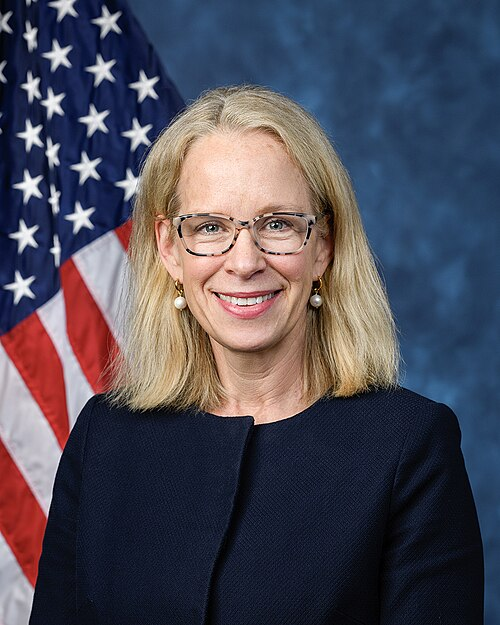H.R. 3955: Rolling Active Pharmaceutical Ingredient and Drug Reserve Act
Summary of the Bill
This bill, titled the Rolling Active Pharmaceutical Ingredient and Drug Reserve Act (RAPID Reserve Act), aims to enhance the resilience of the supply chain for critical drugs and their active ingredients, particularly during times of shortages or public health emergencies. Here are the main components of the bill:1. Contracting for Drug Reserves
- The Secretary of Health and Human Services (HHS) will have the authority to award contracts or cooperative agreements to specific entities for drugs identified as critical with vulnerable supply chains.- A list of these critical drugs and their active pharmaceutical ingredients must be published by the Secretary.2. Requirements for Eligible Entities
Eligible entities that receive contracts must agree to several conditions:- **Maintain Reserves**: They must maintain a reserve supply of both the active pharmaceutical ingredient and the finished drug product for at least six months, with regular replenishment.- **Production Capability**: They must be ready to produce the drug or active ingredient as outlined in the contract.- **Resource Transfer**: Entities must be willing to share their reserves with other manufacturers as needed and allow the Secretary to manage these reserves during emergencies.3. Guidance and Standards
- Within 180 days of the bill's enactment, HHS must provide guidelines on how to determine which drugs have vulnerable supply chains and how contracts can mitigate these vulnerabilities.- The guidance will also include criteria for determining the eligibility of entities to participate, focusing on factors like quality systems and manufacturing capacity.4. Awarding Contracts and Agreements
- Preference will be given to entities that produce drugs in the U.S. or source materials from countries that work with the Organisation for Economic Cooperation and Development (OECD).- Contracts must foster increased domestic manufacturing capacities for critical drugs and their ingredients.5. Contract Terms
- Each agreement will have specific terms regarding the procurement, storage, testing, and delivery of drugs. These terms must align with best practices in inventory management.- The HHS Secretary can also support the construction or renovation of facilities necessary for drug production.6. Reporting Requirements
- The Secretary is tasked with reporting to Congress every two years on the drugs selected for the program and evaluating the effectiveness without jeopardizing national security.7. Funding
- The bill authorizes $500 million for the fiscal year 2026 to implement these provisions.Relevant Companies
- PFE (Pfizer Inc.): Pfizer might be impacted as it produces numerous critical drugs that could be on the Secretary's list for reserve maintenance.
- MRK (Merck & Co., Inc.): Similar to Pfizer, Merck has a portfolio of essential medications that could fall under this legislation's umbrella.
- ABBV (AbbVie Inc.): With its focus on immunology and oncology, AbbVie may need to adjust its supply chains and medication reserves in response to this act.
- JNJ (Johnson & Johnson): As a major pharmaceutical and consumer goods company, Johnson & Johnson's operations may be directly affected by the requirements of maintaining drug reserves.
This is an AI-generated summary of the bill text. There may be mistakes.
Show More
Sponsors
2 bill sponsors
Actions
2 actions
| Date | Action |
|---|---|
| Jun. 12, 2025 | Introduced in House |
| Jun. 12, 2025 | Referred to the House Committee on Energy and Commerce. |
Corporate Lobbying
0 companies lobbying
None found.
* Note that there can be significant delays in lobbying disclosures, and our data may be incomplete.
Potentially Relevant Congressional Stock Trades
Estimated excess return of the underlying stock since the transaction















































